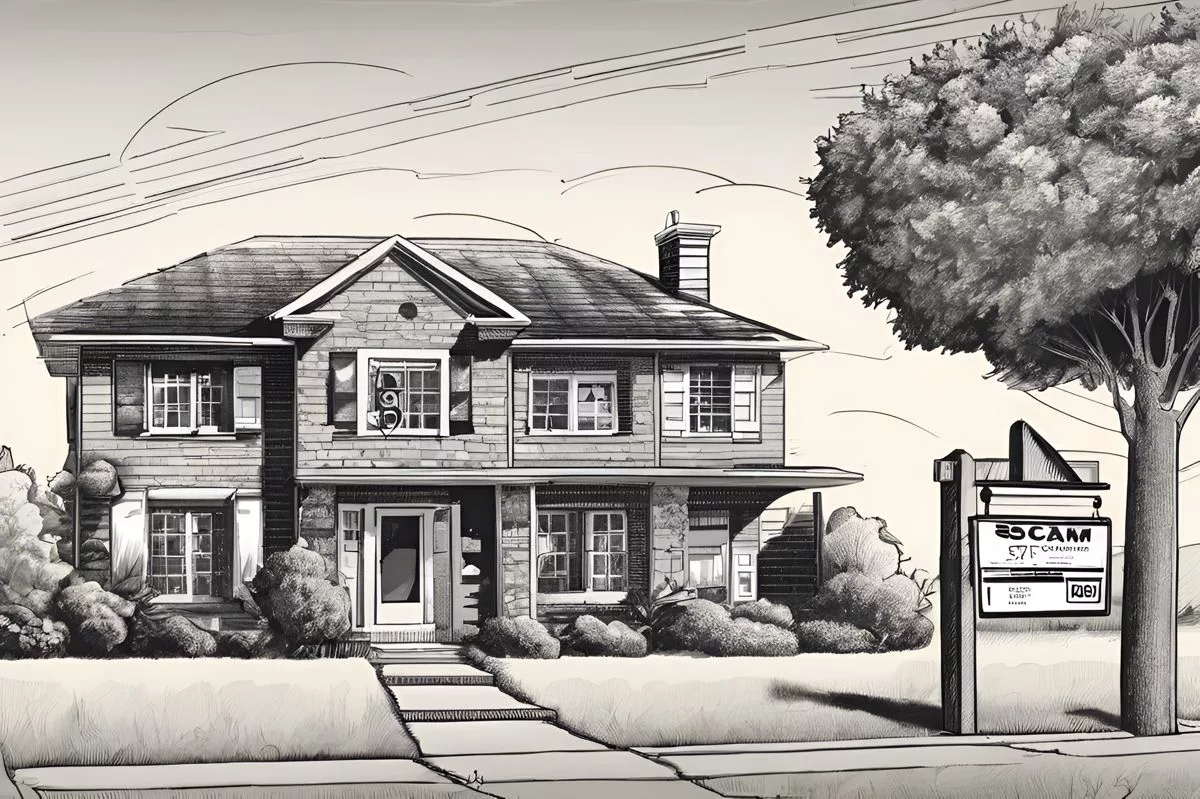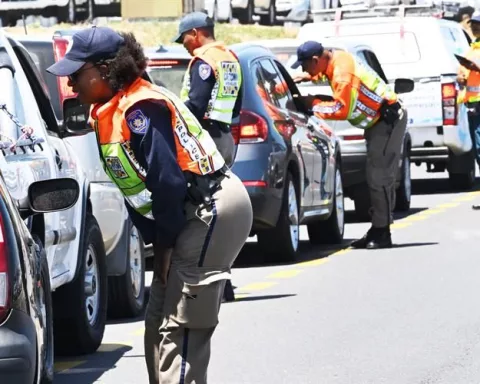South Africa’s urban centers are plagued by housing scams, which residents can protect themselves from by staying alert to potential real estate deception, identifying warning signs, reporting suspicious activities to the South African Police Service and the city, and ensuring their details are current on the Housing Needs Register. The city is committed to protecting its residents and empowering them to safeguard themselves against scams. The Maroela housing project has fallen prey to fraudulent promises of immediate housing, but the city offers warning signs to identify potential frauds and urges residents to keep their details current on the Housing Needs Register.
How can residents protect themselves from housing scams in South Africa’s urban centers?
Residents can protect themselves from housing scams by staying alert to potential real estate deception, identifying warning signs such as demands for payment or lack of official letterhead, reporting suspicious activities to the South African Police Service and the city, and ensuring their details are current on the Housing Needs Register. The city is committed to protecting its residents and empowering them to safeguard themselves against scams.
Part 1: The Municipal Alert
Nestled in the bustling center of South Africa, the city’s whispers of caution echo off cobblestone streets and brick residences. It’s a message resonating with the urgency of communal safety: Remain alert to the threat of housing scams.
The city’s cautionary chorus is clear. It informs the populace of potential real estate deception – offerings that appear lucrative but demand upfront payments. This is a contrast to the city’s government-subsidized housing initiative, where no payment is required for a subsidized housing opportunity. The city’s stance is unequivocal, steadfast in its commitment to protect its residents from scams.
Part 2: The Maroela Project: A Victim of Deception
The city-sponsored Maroela housing project, located in Kraaifontein, has unfortunately fallen prey to such counterfeit claims. This community development initiative, featuring Breaking New Ground (BNG) homes for individuals earning up to R 3 500 a month and Gap units for those earning between R3 501 and R22 000, is set to be completed by the middle of 2025.
However, despite the measured progress, fraudsters have found a loophole to exploit the city’s population’s aspirations. Fraudulent promises of immediate housing are presented, preying on the desperation of those yearning for a place to call their own. The city reciprocates with a clear and definitive response: the sole legitimate channel to acquire a subsidized housing opportunity is via the Housing Needs Register, a secure and audited platform.
Part 3: Empowerment: Identifying and Reporting Scams
In an effort to equip its citizens, the city offers a set of warning signs to identify potential frauds. These red flags include demands for registration payment, advertised openings tagged as ‘RDP houses’, requests for payment for a subsidized housing option, and dubious notifications that lack the City’s official letterhead. An additional warning sign is the existence of a BNG house built within the past eight years.
The city’s objective is not to provoke anxiety but to empower residents to safeguard themselves against scams. It’s a call to arms for citizens to maintain vigilance, stay informed, and report any questionable activities to the South African Police Service (SAPS) and the city for comprehensive analysis and follow-up.
Part 4: Towards a Secure Future: The Role of the Community
Councillor Carl Pophaim, the City’s Mayoral Committee Member for Human Settlements, passionately urges residents to keep their details current on the Register. This enables swift communication with those who qualify for a housing opportunity.
The city also welcomes anonymous tip-offs, underscoring its dedication to protecting its projects and operations. Adhering to a philosophy of transparency and inclusivity, it encourages residents to report any suspicious activities. This collaborative approach fortifies the city’s defenses against fraud and deception.
At the day’s end, the city remains a beacon of hope for its inhabitants, reverberating with warnings of vigilance and prudence. It showcases their tenacity, their unwavering community spirit, and their shared pursuit of a safe, secure residence.
1. What are housing scams in South Africa’s urban centers?
Housing scams in South Africa’s urban centers involve fraudulent promises of immediate housing, demands for registration payments, and requests for payment for a subsidized housing option.
2. How can residents protect themselves from housing scams in South Africa’s urban centers?
Residents can protect themselves from housing scams by staying alert to potential real estate deception, identifying warning signs such as demands for payment or lack of official letterhead, reporting suspicious activities to the South African Police Service and the city, and ensuring their details are current on the Housing Needs Register.
3. What is the Housing Needs Register?
The Housing Needs Register is a secure and audited platform for acquiring a subsidized housing opportunity in South Africa’s urban centers. Residents are urged to keep their details current on the Register to enable swift communication with those who qualify for a housing opportunity.
4. What are the warning signs of a potential housing scam?
The warning signs of a potential housing scam include demands for registration payment, advertised openings tagged as ‘RDP houses’, requests for payment for a subsidized housing option, and dubious notifications that lack the City’s official letterhead. An additional warning sign is the existence of a BNG house built within the past eight years.
5. How can residents report suspicious activities related to housing scams?
Residents can report any questionable activities related to housing scams to the South African Police Service (SAPS) and the city for comprehensive analysis and follow-up. The city also welcomes anonymous tip-offs to fortify its defenses against fraud and deception.
6. What is the Maroela housing project, and how has it been affected by housing scams?
The Maroela housing project is a city-sponsored community development initiative featuring Breaking New Ground (BNG) homes for individuals earning up to R 3 500 a month and Gap units for those earning between R3 501 and R22 000. The project has fallen prey to fraudulent promises of immediate housing, which the city urges residents to identify and report to prevent further deception.












